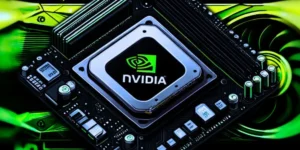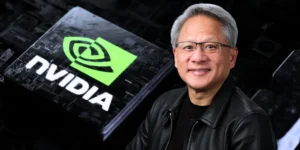Key Points
- OpenAI is acquiring Jony Ive’s startup io for approximately $6.4 billion, despite the company having no product yet.
- CFO Sarah Friar sees this as an investment in talent and future AI hardware innovation.
- The move aims to take ChatGPT beyond smartphones, expanding subscription opportunities.
- OpenAI envisions devices without touchscreens, focusing on voice, vision, and natural interaction.
OpenAI is boldly shaping the future of computing by acquiring io, the startup founded by iconic iPhone designer Jony Ive, for approximately $6.4 billion. The move signals OpenAI’s ambition to blend powerful AI models with groundbreaking hardware, even though io currently has no products in the market.
Speaking to CNBC, OpenAI CFO Sarah Friar emphasized that the acquisition is a long-term strategic investment. “You’re really betting on great people,” she said, pointing out that building an entirely new computing platform requires innovation and deep expertise in supply chains and product design.
Friar joined OpenAI last summer after leading Nextdoor as CEO and believes custom-built devices will help expand OpenAI’s reach beyond smartphones. While ChatGPT already boasts 500 million weekly active users, Friar suggests that AI-integrated hardware can drive further subscription growth and deeper user engagement.
“When you start thinking about computing beyond just a phone, it starts to grab the imagination,” Friar said, suggesting that future devices could lead to new subscription-based business models, potentially offering more premium experiences with AI tools like ChatGPT.
Her views align with a growing belief in the tech sector that AI devices could one day replace smartphones. Apple’s Eddy Cue recently predicted AI would disrupt the iPhone’s dominance within the next decade.
Despite OpenAI’s collaboration with Apple on Siri and ChatGPT integration, Friar emphasized the importance of maintaining flexibility. “We want to work with many partners… but we also want to keep sparking innovation broadly in the ecosystem.”
Friar hinted that the upcoming devices could move beyond touchscreens, possibly using voice, vision, or other sensory inputs that align with how humans naturally interact. Though she didn’t reveal specifics, she suggested that Apple’s legacy of product secrecy might influence OpenAI’s launch approach.
As AI redefines human-computer interaction, OpenAI is betting big on leading this transformation, not just through software but through an entirely new hardware era.










